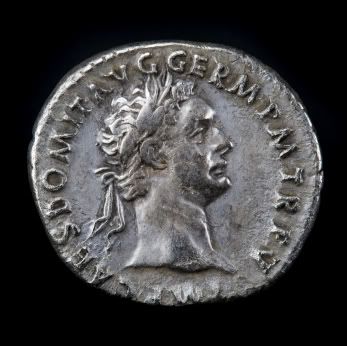James Kostohryz, described as a "proprietary investor/trader," is interviewed at Seeking Alpha on his investment recommendations for 2012. Are you ready for this? His advice is ... go to 100 percent cash. Yes, 100 percent. No stocks or bonds.
One of the first commenters says, "This is the most contrarian article one has encountered." It may be the most contrarian article of investment advice two have encountered, me being the second.
Almost all advisers and financial planners recommend keeping some cash equivalents (money market funds, TIPS, etc.) in a portfolio as a cushion and to take advantage of unexpected opportunities. However, it takes a brave man to advocate selling out of every position. (In response to some of the scoffing comments, he clarifies that he's not saying 100 percent cash forever, just until the financial permacrisis affecting almost every Western nation, as well as some non-Western ones, is resolved or cools off.)
Some of his points:
By studiously avoiding bear markets, investors will be more financially and emotionally equipped to purchase stocks when the herd is selling, valuations are cheap and long-term expected returns are optimal.
... A successful investment strategy for most individuals must place a primary emphasis on avoiding bear markets. This implies being willing to take profits during bull markets and leaving potentially illusory gains “on the table.”
At present time, economic and financial risks are at historic dimensions. I believe that cash is by far the best investment at this time on a reward/risk basis. High cash positions will enable investors to avoid huge risks and potentially take advantage of enormous opportunities in 2012.
... Some might argue that the value of the USD [U.S. dollar] could fall relative to the value of other assets. The overwhelming risks are just the opposite. The world is on the verge of experiencing a severe bout of asset price deflation. The prices of everything from stocks, to real estate to commodities are poised to collapse relative to the value of the USD.
Many people believe that holding cash can only result in a deterioration of wealth. This is false. Holding cash in a time of asset price deflation will make you wealthy. Your net worth will rise when measured in units of productive wealth generating assets.
Kostohryz's recommendation is a useful counterweight to what he correctly perceives as the financial industry's self-serving propaganda in favor of trading or at least being fully invested. Most people do not think of simply holding dollars as a kind of investment, but it is not unreasonable to recognize cash as an asset class, with its own advantages and disadvantages.
It is smart to hold a substantial amount of your potential investment money in reserve to lower the volatility of your overall portfolio and somewhat dull the pain of severe market sell-offs. And you want to have a reserve to deploy when good investments get cheaper.
But I can't go along with his thesis in its extreme form. Here's why:
1. Diversification is the first principle of wise investing. A single position, even if it is cash, is not diversified.
2. If the market fizzles badly, having no open positions will seem like brilliance in retrospect. But as of now, it's no more than betting on a particular future, a turn of the wheel. Sure, there are plenty of reasons to be pessimistic about the world financial picture, but markets aren't rational. They can go up (or down) for no obvious reason and contrary to what common sense would dictate. Today's markets -- unfortunately -- are also heavily influenced by government and central bank interventions.
Finally, lots of corporations are doing very well, even if we, mere citizens or employees, are not. Investment money will still flow to them, and their stockholders will benefit. It's nothing to celebrate that many people who work hard but can't afford to buy equities scrape by while stock owners, especially those with large positions, reap the profits. But in the context of investment strategy, don't confuse across-the-board financial and social health with investment returns.
3. The invisible tax, inflation, gnaws away at cash. Kostohryz believes that deflation is more likely than inflation, which will make cash more valuable. Hell, I don't know, but I think the opposite is more likely and cash will lose at least some value. I don't favor betting the farm on a money loser, even if the losses could be small.
For all that, Kostohryz makes a case worth pondering, and many of his commenters -- as usual at Seeking Alpha and unlike those at, for example, Zero Hedge -- sound sane and can even write decently.





3 comments:
Most of the big investment houses are not so concerned with the next Google or productive enterprise, but are, instead, taking huge positions on the issue of whether we are poised to have mass deflation or inflation.
Chris,
Too right. Institutional investors still practice traditional fundamental and technical analysis, but they increasingly base their actions on a "meta-market" where governments tip the scale: currency tweaking, loans, tax dances, the rise and fall of politicians, the fate of the EU currency union, etc.
The investment quality of individual companies comes second.
While she's an extreme Catholic, Anne Barnhardt appears to be financially savvy and she also recommends total liquidity at her website "Barnhardt.biz"
Post a Comment